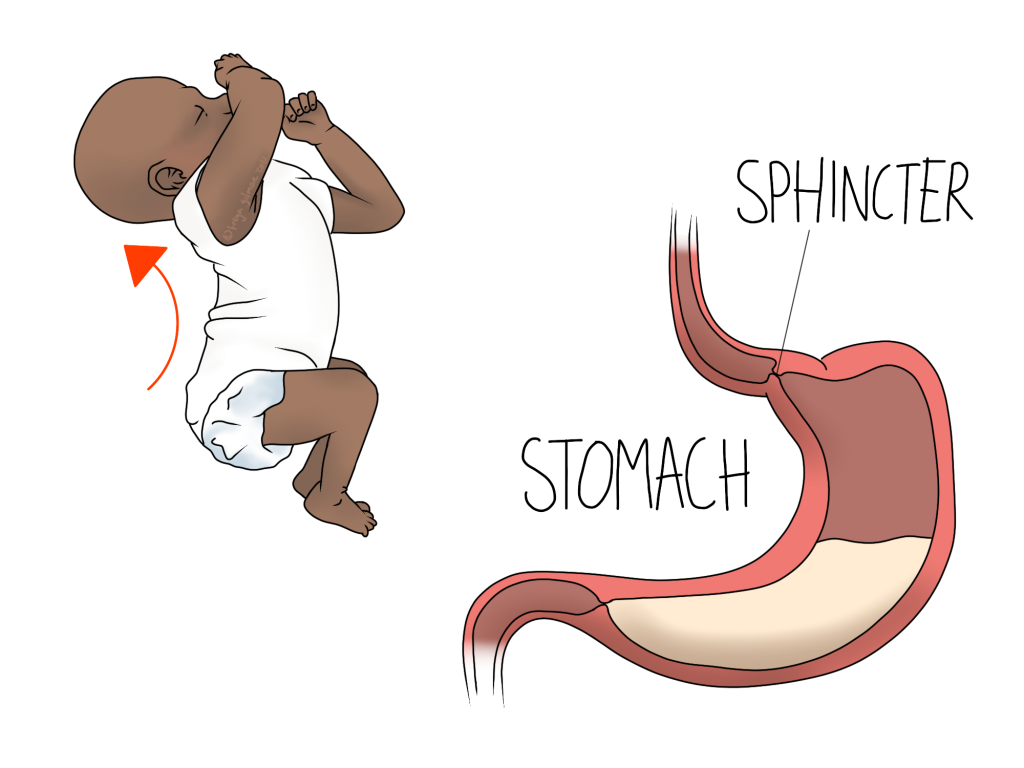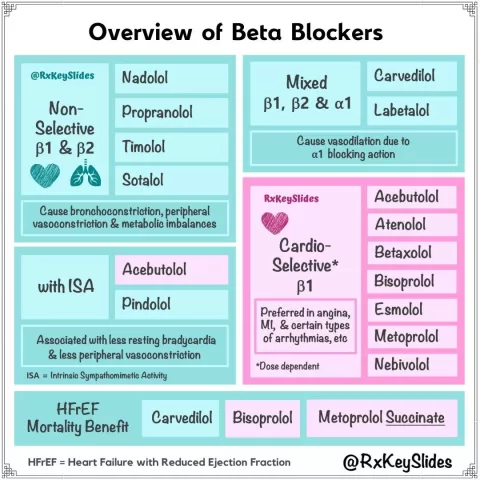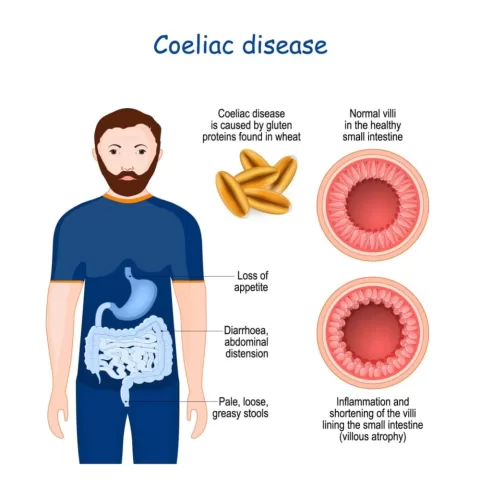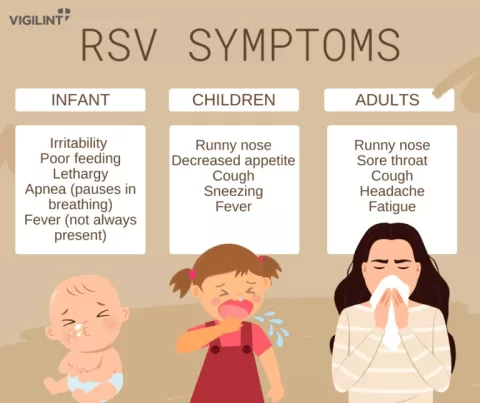Reflux in babies, often referred to as gastroesophageal reflux (GER), is a common condition that many parents face during their infant’s early months. Characterized by the backflow of stomach contents into the esophagus, this condition can lead to various infant reflux symptoms, causing distress for both the baby and the parents. Understanding reflux in babies is crucial, as it can manifest in different ways, including spitting up, irritability, and feeding difficulties. In this guide, we will delve into the symptoms, treatment for reflux in babies, and underlying causes to provide you with valuable insights. From recognizing silent reflux to exploring the benefits of probiotics and reflux management, we aim to equip you with the knowledge to ensure your baby’s comfort and well-being.
Often called infant reflux or GERD, reflux in babies is a common issue that many new parents encounter. This condition typically occurs when stomach contents flow back into the esophagus, leading to several discomforting symptoms in infants. Parents may notice signs like excessive spitting up, fussiness during feedings, or unusual arching of the back, which can indicate distress. Understanding this phenomenon is essential for parents, as it helps in identifying potential treatment for reflux in babies and discerning between typical reflux and more concerning issues, such as silent reflux. By being informed about reflux symptoms and the available management strategies, parents can better support their infants’ health and comfort.
Understanding Gastroesophageal Reflux in Infants
Gastroesophageal reflux (GER) is a prevalent condition among infants, where the contents of the stomach flow back into the esophagus. This backflow can cause discomfort, leading to a range of symptoms that might distress both the baby and the parents. As infants have immature digestive systems, they are particularly susceptible to this condition. Understanding the mechanisms behind GER is crucial for parents to manage and alleviate their child’s discomfort effectively.
It is essential to note that while reflux is common, it is usually benign and resolves on its own as the child matures. However, parents must be vigilant about recognizing symptoms such as frequent spitting up, irritability, and feeding aversion. These signs can indicate that the reflux is affecting the baby’s quality of life, prompting parents to seek medical advice and tailored treatment solutions.
Identifying Infant Reflux Symptoms
Recognizing the symptoms of reflux in babies is vital for timely intervention. Common symptoms include excessive spitting up, irritability following feedings, and arching of the back, which can signal discomfort. Some infants might also experience feeding refusal or persistent coughing as a result of the irritation caused by the reflux. Being aware of these symptoms allows parents to monitor their baby’s condition and consult with healthcare providers when necessary.
Moreover, silent reflux, which occurs without the classic symptom of spitting up, can be particularly challenging to identify. Parents should remain observant for subtle signs of discomfort, such as unusual crying or changes in feeding patterns. Early detection of symptoms can lead to more effective management strategies, helping to ease the baby’s discomfort and improve their overall well-being.
Effective Treatments for Reflux in Babies
When it comes to treating reflux in babies, a variety of approaches can be considered. Conservative management strategies are often the first line of defense, involving adjustments to feeding practices and baby positioning. Feeding smaller amounts more frequently can reduce the volume in the stomach, while keeping the baby upright during and after feedings can help minimize reflux episodes.
If conservative measures fail to alleviate symptoms, parents may need to consult with a pediatrician about potential medication options. Acid-reducing medications may be prescribed if necessary, but it is important to weigh the potential benefits against risks. Ultimately, the goal is to find a treatment path that minimizes discomfort for the infant while ensuring their nutritional needs are met.
The Role of Probiotics in Managing Reflux
Emerging research suggests that probiotics may play a beneficial role in managing reflux symptoms in infants. Probiotics, such as Lactobacillus reuteri, have been studied for their potential to improve gastric emptying and reduce regurgitation incidents. These beneficial bacteria help maintain a healthy gut flora, which can positively influence digestion and may alleviate some reflux-related symptoms.
Before introducing probiotics or any supplements, parents should consult with healthcare professionals to determine the most appropriate options for their child. It’s essential to tailor the approach to the individual needs of the infant, ensuring that any treatment aligns with their overall health and developmental stage.
When to Seek Medical Advice for Reflux
While reflux is common and often manageable at home, there are certain situations that warrant professional medical advice. If a baby shows consistent signs of severe irritability, feeding difficulties, or displays symptoms that worsen over time, it is crucial for parents to seek medical guidance. These signs may indicate that the reflux is more than just a typical infant issue and could require a more comprehensive treatment approach.
Additionally, parents should be alert for serious complications such as difficulty breathing or blood in vomit. These symptoms could suggest underlying issues that necessitate immediate medical intervention. Being proactive and informed can make a significant difference in managing reflux effectively and ensuring the health and comfort of the infant.
Frequently Asked Questions
What are the common symptoms of reflux in babies?
Common symptoms of reflux in babies include frequent spitting up, irritability after feedings, refusal to eat, arching of the back during or after meals, and persistent coughing or wheezing. Recognizing these infant reflux symptoms can help parents seek appropriate treatment.
What is the best treatment for reflux in babies?
Treatment for reflux in babies typically starts with conservative management strategies such as smaller, more frequent feedings and keeping the baby upright after meals. If symptoms persist, pediatricians may prescribe medications or recommend probiotics to help manage gastroesophageal reflux.
What is silent reflux in babies?
Silent reflux, also known as laryngopharyngeal reflux, occurs when stomach contents flow back into the esophagus without the typical symptom of spitting up. Parents should watch for signs of discomfort in their babies, such as irritability or feeding refusal, as these may indicate silent reflux.
How can probiotics help with reflux in babies?
Probiotics, like Lactobacillus reuteri, may help reduce instances of regurgitation and improve gastric emptying in infants with reflux. However, it’s essential for parents to consult healthcare professionals before introducing any probiotics to ensure safety and appropriateness for their child.
When should I seek medical advice for my baby’s reflux?
Parents should seek medical advice for their baby’s reflux if they notice severe irritability, worsening symptoms, feeding difficulties, weight loss, or any signs of complications such as difficulty breathing or blood in vomit.
| Key Point | Details |
|---|---|
| What is Reflux? | Gastroesophageal reflux (GER) is when stomach contents flow back into the esophagus, affecting many infants. |
| Common Symptoms | Symptoms include spitting up, irritability, feeding refusal, arching of the back, and persistent coughing. |
| Treatment Approaches | Options include conservative management, medications, silent reflux management, and probiotics. |
| Causes of Reflux | Causes can include an immature digestive system, overfeeding, food sensitivities, and anatomical issues. |
| When to Seek Help | Consult a pediatrician if symptoms worsen, lead to feeding difficulties, or show signs of complications. |
Summary
Reflux in babies is a condition that many parents encounter, characterized by the backflow of stomach contents into the esophagus. Understanding this condition is crucial for parents to ensure the comfort and health of their infants. By recognizing the common symptoms such as spitting up and irritability, parents can take appropriate steps to manage their child’s discomfort. Treatment options include conservative management techniques, medications, and even probiotics in some cases. It is essential for parents to consult with healthcare professionals to determine the best course of action tailored to their baby’s specific needs. By being informed and proactive, parents can help their babies navigate the challenges of reflux effectively.
The content provided on this blog (e.g., symptom descriptions, health tips, or general advice) is for informational purposes only and is not a substitute for professional medical advice, diagnosis, or treatment. Always seek the guidance of your physician or other qualified healthcare provider with any questions you may have regarding a medical condition. Never disregard professional medical advice or delay seeking it because of something you have read on this website. If you believe you may have a medical emergency, call your doctor or emergency services immediately. Reliance on any information provided by this blog is solely at your own risk.








